Q: What Can Go Wrong With An Homeowners Association?:
A friend recently asked me this question. His question was about downtown Seattle condominiums, but as I considered my answer, I thought it important to point out to him that the answer applies to all properties governed by an HOA (sometimes single-family detached neighborhoods).
Also, I think it is important to note that the trouble normally isn’t with the association of people or with the all-volunteer boards who typically do thankless work on behalf of their neighbors. The challenges come from the physical structures they protect, from balancing homeowner rights/interests, and from financial troubles.
Physical structures: They are built by humans, so normally aren’t done 100% correctly. Envelope studies often highlight “construction defects.” When problems arise, the association has to determine what to do about fixing the problems. If the building is still under warranty and the developer agrees to fix the issues, no problem. If the building is not under warranty and/or the developer declines to remedy the issues, the HOA (or the HOA Board acting on behalf of the HOA) can elect to pursue legal remedy. During this time, it is more difficult for would-be sellers to sell.
Homeowner Rights: Rental restrictions are the hot topic here, and the rights of owners per the Declaration differ from building to building. Lender scrutiny and disinterest in buildings with “too many” renters is fairly consistent, so having a high percentage of renters can adversely affect the owner’s ability to sell. But, some owners want/need to move and are looking for alternatives to selling into a Buyer’s market (or simply can’t afford to sell into a buyer’s market) and wish to rent their home out in order to avoid defaulting on their loan (which would also negatively affect their neighbors). Again, a popular topic these days.
Financial Troubles: Financial troubles typically come in the form of capital expense for which there is no remedy to the developer. There is also financial pressure on associations in which homeowners have not been paying their monthly dues (which is common for owners who are also not paying their mortgages). If there is not, for any reason, enough money in reserves to handle the expense, an “assessment” can be levied on the homeowners to make up the balance.
“So, why not just buy a property not governed by an HOA?” he asked.
Good question. As an owner of both a house and a condo, I think I have a decent perspective on this. Fortunately and unfortunately, I call the all the shots (within the law) on the house I own. Remember that “all-volunteer board?” They sort through a lot issues for me at the condo. At the house? When my house needed a new roof, I had to pay for it (but not as much as my Dad’s friend Bill, who shot himself in the foot with the nail gun). I had more financial exposure and more rights/responsibility.

 Facebook
Facebook
 X
X
 Pinterest
Pinterest
 Copy Link
Copy Link



